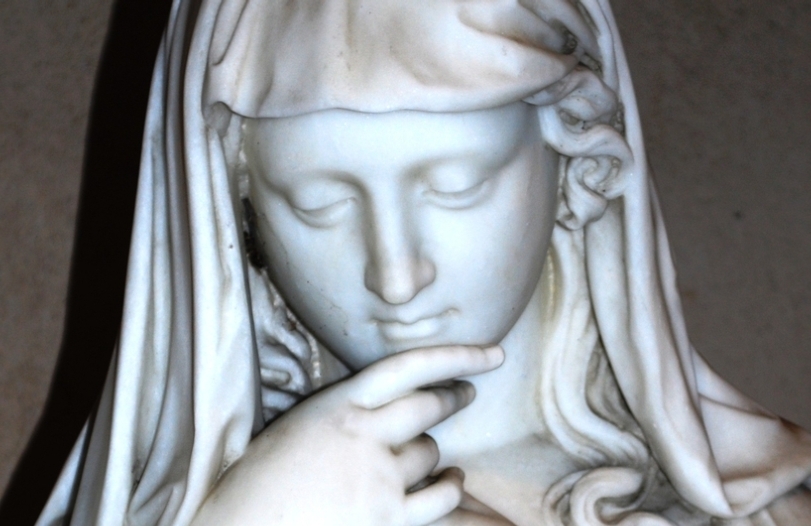Here are the answers to some of the most commonly asked questions about leaving a gift in a will. However, if there is anything else you’d like to know, please don’t hesitate to contact us. We would be happy to help.
Why is having a will so important?
Making a will and keeping it up to date is the only way you can be sure your wishes will be taken care of properly in the future.
How do gifts in wills help the CCT?
Gifts in wills play a tremendous role in our work: from helping us to complete vital conservation projects to enabling us to work with communities, ensuring these buildings are kept in use and able to bring people together. Recently unrestricted gifts in wills have enabled us to undertake vital conservation work at St Stephens, Fylingdales, an extraordinary example of a 19th century fisherman’s church.
What type of gift can I leave?
There are several different ways to leave the CCT a gift in your will. Most gifts we receive are residual gifts or pecuniary gifts. A residual gift is the gift of all or part of the net residue of your estate, after all liabilities, taxes, legacies and administrative expenses have been met. This gift is particularly simple as you neither have to quantify a sum nor worry about inflation when you draw up your will. As many of us are also aware of unknown future costs, a residual legacy provides assurance that costs and family commitments are met first.
A pecuniary gift is a simple form of legacy that allows you to give a specific sum of money.
Can I leave a gift to a specific church?
Many gifts we receive are for general purposes which is helpful as it gives us the flexibility to direct funds where the need is greatest at the time however we also welcome legacies for specific churches or projects. If you are considering a gift of this kind please get in touch with us.
Can I talk to someone about leaving a gift in my will?
Of course. For an informal and confidential conversation about making a gift in your will please contact the Fundraising Team by email: legacies@thecct.org.uk or phone 0800 206 1463.
Where should gifts be made to and what is your registered charity number?
We would recommend that gifts are made to:
The Board of Trustees
The Churches Conservation Trust
Unit 14 - c/o Vulcan Works
34-38 Guildhall Road, Northampton
NN1 1EW
(registered charity number 258612)
How can I change my will to include a gift to the CCT?
If you already have a will you can attach a simple codicil to it. A codicil is a document used to make simple amendments to your existing will such as adding a charity, changing a gift amount, or adding an executor.
How can making a charitable gift reduce inheritance tax liability?
If charitable bequests total 10% of your net estate (this can be an accumulation of gifts to a range of charities) you could reduce any inheritance tax liability from 40% to 36%
How do you record and acknowledge gifts?
Every gift, however large of small, makes a valued difference to us and we are incredibly grateful if you are considering remembering us in this way. We would love the opportunity to show our gratitude and thank you for your support by inviting you to be a member of the Legacy Giving Group. As a member of the Legacy Giving Group, your name will be listed in our Annual Review, alongside our sponsors, patrons and donors; you receive regular copies of Pinnacle, our members magazine; you will be kept updated with our monthly newsletter; and you will receive invites to exclusive events.
I am an executor – who should I contact?
Please contact the Fundraising Team, by email: legacies@thecct.org.uk or phone: 0800 206 1463.

